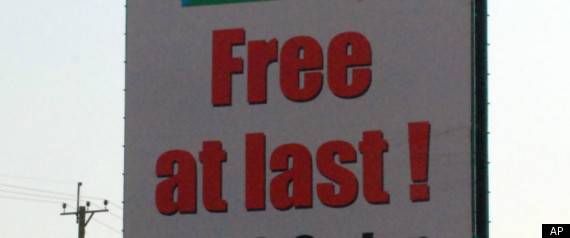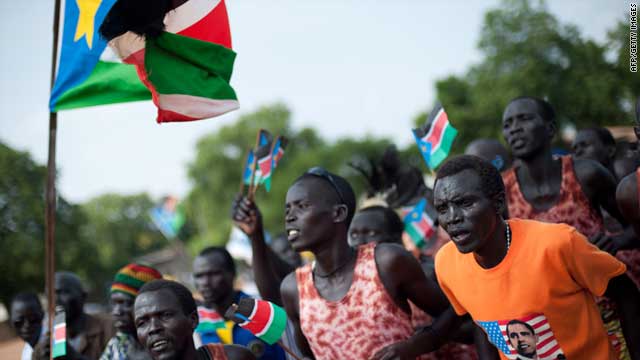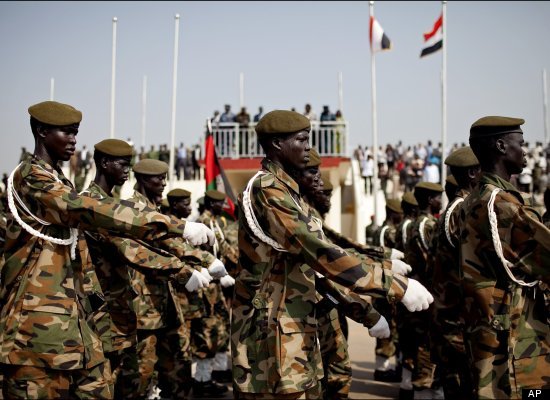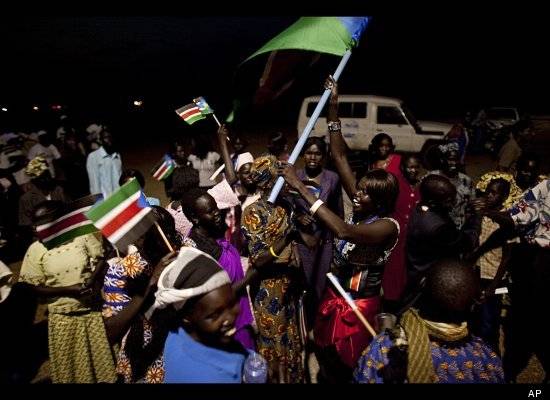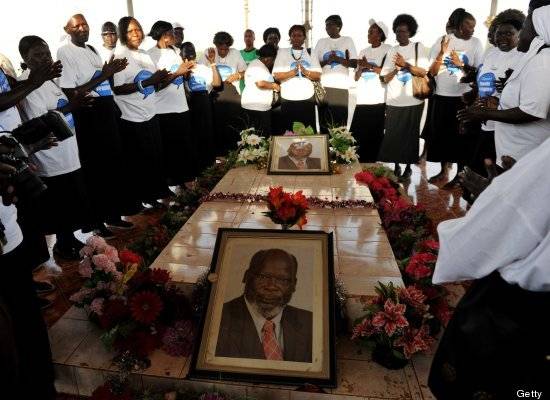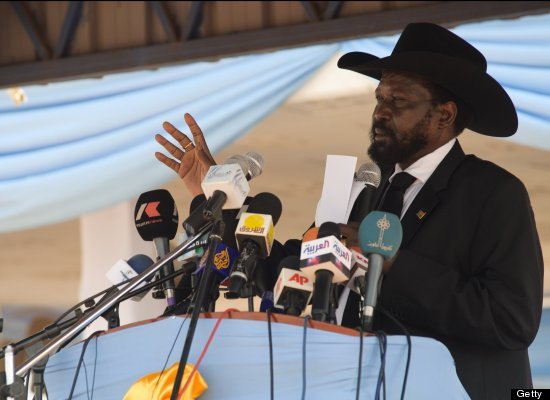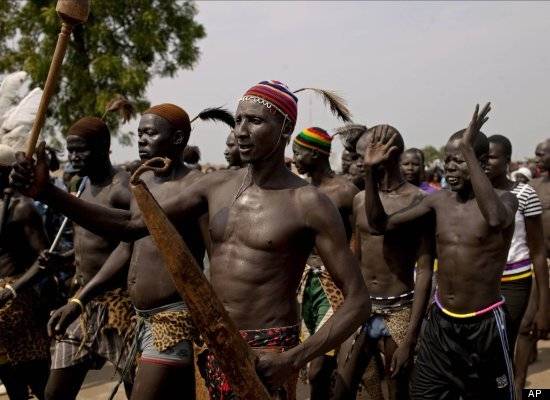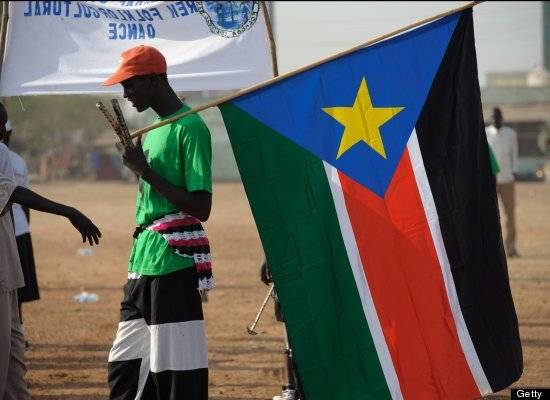The media is trying to sell it as a race thing.
And have been very successful in doing that .
I know several Sudanese people and what is on the news is vastly different from the truth.
And Israel has been one of the chief covert weapons suppliers to the South for many years.
If you think Israel is doing this out of the goodness of their heart and trying to help black Africans then you are seriously gullible.
They are making money currently off of the conflict and hope to secure lucrative oil contracts in the future.
And have been very successful in doing that .
I know several Sudanese people and what is on the news is vastly different from the truth.
And Israel has been one of the chief covert weapons suppliers to the South for many years.
If you think Israel is doing this out of the goodness of their heart and trying to help black Africans then you are seriously gullible.
They are making money currently off of the conflict and hope to secure lucrative oil contracts in the future.




